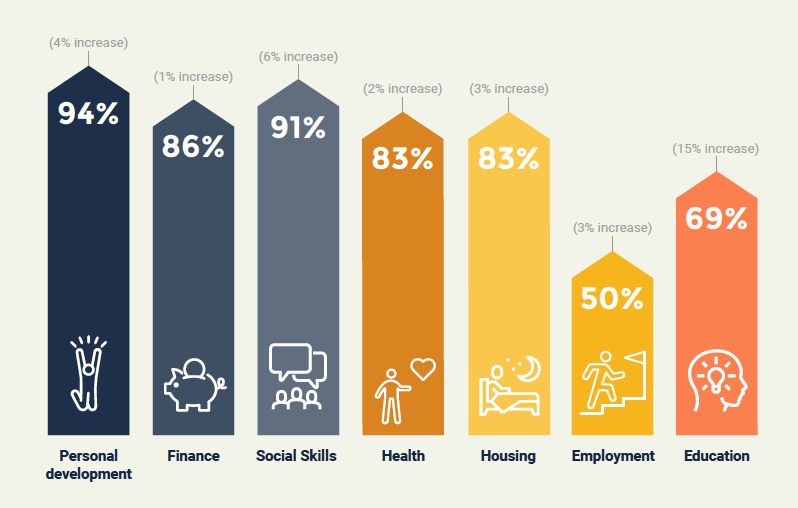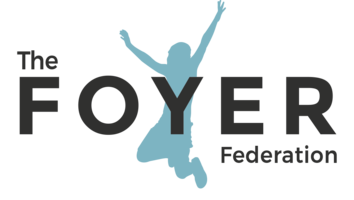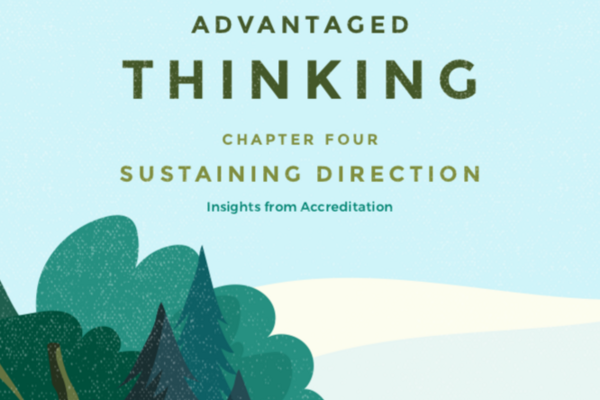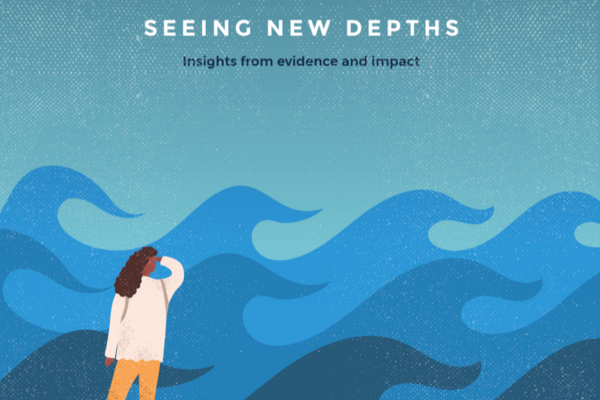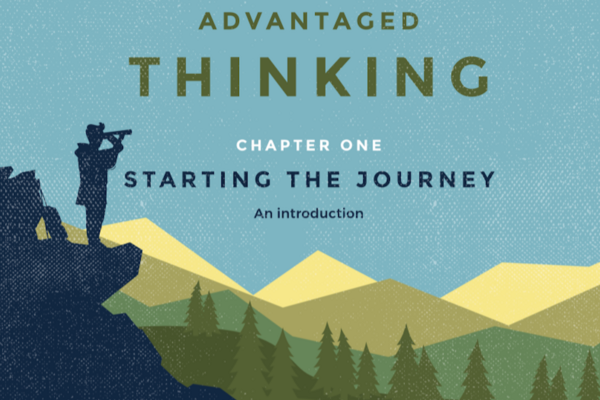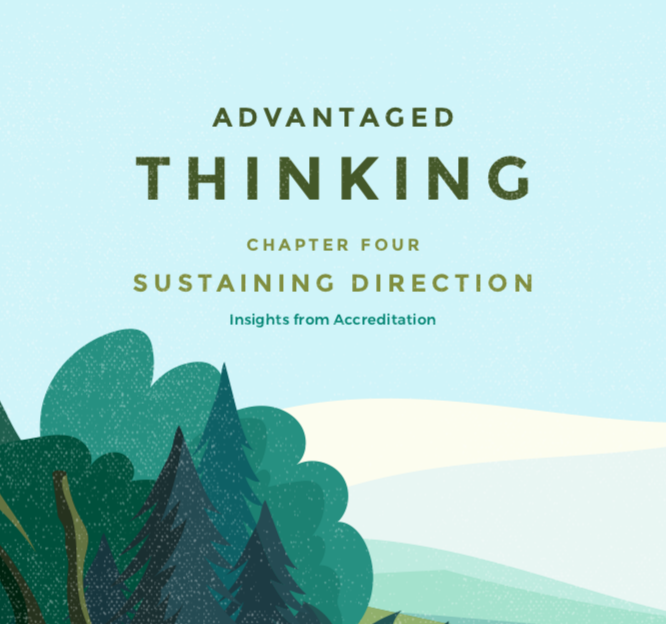
“Taking this time to reflect ... as a team has been a real positive as it allowed us to recognise that we still have achieved a lot and have some real success stories when it comes to young people’s achievements. We have not merely ‘survived’ through COVID as a service.”
Coops Foyer FOR Youth review, 2021
How can service providers embed Advantaged Thinking into their daily practice and how the service runs? In Chapter Four, Sustaining Direction, we unpack different approaches to evidencing Advantaged Thinking impact. It covers the 7 Tests of Advantaged Thinking – a self-evaluation toolkit designed to inspire and guide providers – as well as insights and key learnings from Foyers on their accreditation journey.
Where to start?
Young people told us that wherever their Foyer was in the country, it was important that everyone should have the same consistent and high-quality experience. With that aim in mind The Foyer Federation developed a quality assessment tool designed to help Foyers reflect on, improve and standardise their offering. The tool encourages Foyers to think about which of the 7 Tests of Advantaged Thinking are most relevant to their service, to find positive examples from each area and to identify clear actions for tackling any challenges.
Each service shows their commitment to making progress by working on their unique development plan; outlining their vision, values, strengths and weaknesses. Experts from The Foyer Federation help services to set a benchmark from which to measure their progress by conducting an initial assessment. Foyers are then supported along their development journey with advice and guidance until finally the plans and evidence are reviewed by a panel of experts.
Overall the timeline for a Foyers accreditation journey is typically one year, with the process being reviewed annually. Engaging in the accreditation process is a long-term commitment that Foyers make to deepening their Advantaged Thinking practice and raising the standard for service users.
The fourth chapter of Adventures in Advantaged Thinking covers:
- What are the 7 Tests of Advantaged Thinking?
- Using the audit tool in the process of accreditation.
- Key findings from practical use of the toolkit.
- Top tips for successful integration of Advantaged Thinking practices.
- Impact trends that provide evidence for working in an Advantaged Thinking way.
Key Learnings:
- The process can quickly inspire and energise staff into taking action towards service improvement,
- Services develop a more balanced awareness of their situation that include positives, in addition to the challenges, they may face,
- Purposeful and solutions-focused conversations become normalised in services with an established practice of Advantaged Thinking,
- Engagement, time for reflection, regular open dialogue and taking clear action steps are needed to embed sustainable Advantaged Thinking practice in an organisation.
What are we doing?
From the get-go we encourage Foyer staff and young people to work together, seeing the accreditation process as an opportunity for everyone to share their talents and experience. One of the first steps along the journey is to create a visual display somewhere prominent in the Foyer to showcase everyone’s ideas, thoughts and understanding of what Advantaged Thinking can be. It’s a great starting point that sparks discussion around future project ideas, and serves as a strong visual reminder for everyone of their shared aims and aspirations.
Currently we are working with 44 Foyers throughout the UK as they progress on their journey towards Advantaged Thinking accreditation. Of this number 27 Foyers have achieved endorsement status, with 6 of these considered to be operationally and strategically strong including: Newhaven Foyer (SAHA), Enfield Foyer (Christian Action Housing) and Your Housing Group Foyers; Verve, Bridge, Ravenhead and Coops. The support each Foyer receives is highly personalised and we really get to know each other along the way. Working closely with each service along their journey leads to strong working relationships and a deeper understanding of each Foyer’s unique needs.
Story from our network of Foyers
Evidence shows that Foyers engaged in Advantaged Thinking practices can positively impact young people’s lives. Personal development and social skills; their ability to achieve goals, grow in confidence and improve their social skills are particularly improved. Strong progress is also seen in areas of health, housing and education.
“The process of going through accreditation has created safe nurturing spaces for our young people, our team and the organisation as a whole to work together more openly. The focus on improving & learning – doing better – has brought huge motivation and energy to everyone involved. The process and ethos of using advantaged thinking within that has been as valuable as achieving the tangible results at the end. It’s changed us from the inside out – it’s been heartfelt and values based change. It also placed us in a strong position with local commissioners and in securing a 5-year contract that is now seen as an authentic partnership rather than a contractor relationship.
Being part of the panel is such a privilege – I get to see and learn from others on this journey and from fellow panel members. We see the detail and experience of young people influencing and leading change in transformed services as they journey through. The spark of ideas and innovation as the FOR Youth community shares and learns together is amazing to see. And also challenges me to continue our journey at CHADD.”
Anna Walsh, Chief Executive Officer – CHADD
Anna Walsh is CEO of Churches and Housing Association of Dudley and District (CHADD) and is a member of the Foyer Federation panel that reviews accreditation reports.
Reflection Questions:
Q1 How would you introduce an Advantaged Thinking audit of your service?
Q2 Are there any positive areas of Advantaged Thinking practice in your service that could be promoted and scaled further to have a wider impact?
Q3 How might you begin to embed Advantaged Thinking in your organisation, to support your priority areas?
